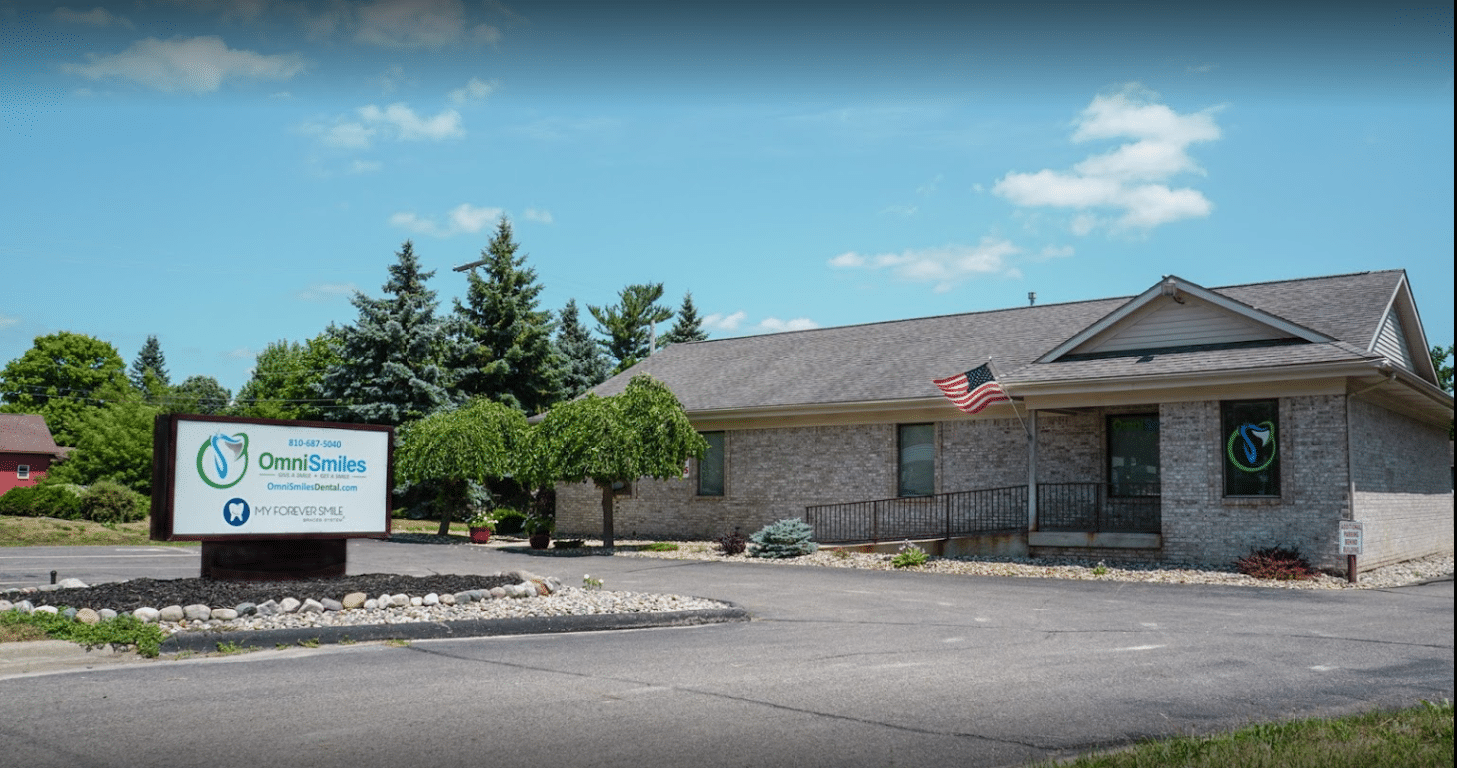Periodontitis & Gum Therapy
Some of the symptoms of gum disease are:
- Bleeding gums
- Painful, swollen, or red lines along the gums
- Bad breath and/or taste in the mouth
- Loose teeth


Scaling and Root Planing (“Deep Cleaning”)
A deep dental cleaning is similar to how a hygienist typically cleans your teeth, but also involves removing build up from the root surfaces of the teeth and under the gum tissue. The removal of this build up clears up the infection and inflammation from the gums, as well as promotes healing. This allows the gums to reattach to your teeth, and prevents further loss of bone and support.
Depending on the number of areas affected, this may be done in one or two visits, working on one or two areas at each time.
During this process, since it may cause some discomfort, a local anesthetic will be used to numb the gums. Afterwards, there may be some soreness, slight bleeding, and tooth sensitivity for a few days. Over the counter pain reliever, mouth rinses and desensitizing toothpaste may help with this discomfort.
4-6 weeks later you will likely be given an appointment to check on the health of your gums after the procedure. You may be recommended to come in for more frequent visits than 6 months, such as 3 or 4 months depending on the condition of your teeth and gums. This helps ensure healing, stabilizing the disease and preventing the disease from progressing.
Periodontal Maintenance
According to the American Dental Association, once you have had the need for a Scaling and Root Planing, it’s been deemed that you have had a history of Periodontal Disease and therefore it’s best that you maintain a 3-4 month recall appointment that we call Periodontal Maintenance. It’s highly important to keep up with your suggested recall appointment to stabilize your periodontal disease. Periodontal disease is broadly categorized as stable or active and our goal is to stabilize things to provide for a longer lifespan of your natural teeth.

To find out more about which service options are best for you, please call (810) 687-5040 or request an appointment online.


